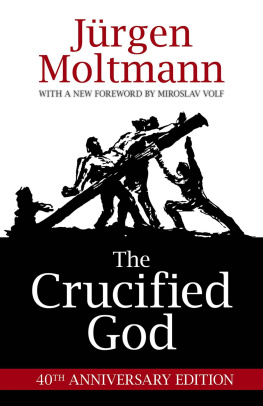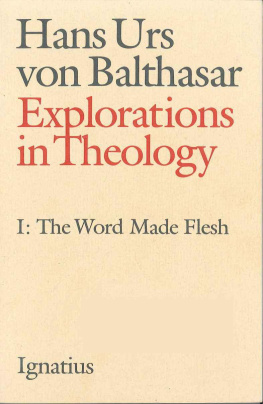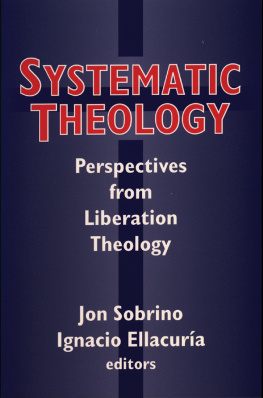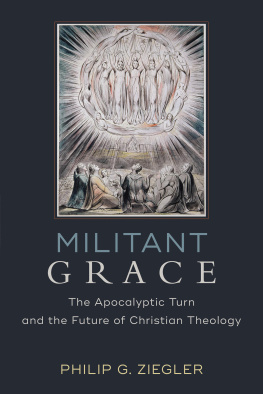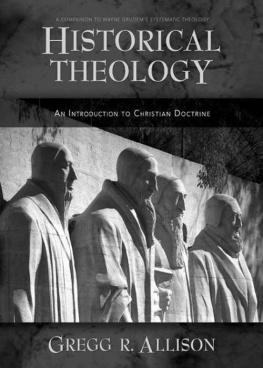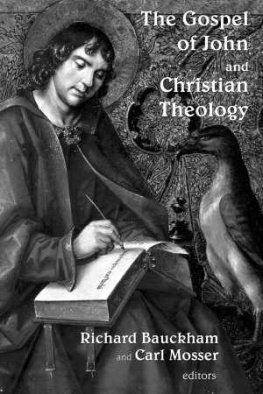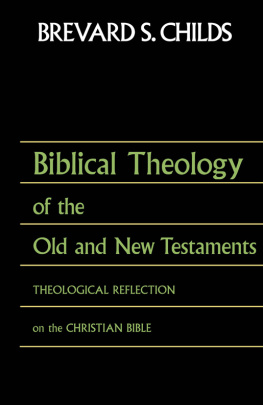Richard Bauckham
In publications spanning fifty years, Jrgen Moltmann has pursued what he calls an adventure in theological discovery. It all began in prisoner-of-war camps in the late 1940s. As a young German soldier faced with the newly revealed horrors of the Nazi regime, he found God in the gift of unexpected hope and in the companionship of the Christ who suffers with us. Over the years he has written frequently of this deep experiential root of his theology, but when, in the 1960s, his first major book, Theology of Hope, became a theological phenomenon (even on the front page of the New York Times), what drew so much attention was the way it seemed to chime with the mood of that remarkable decade. In western Europe and North America, it was a time when unlimited possibilities of radical change for the better seemed within reach. But Christian churches focused on individual salvation beyond this world lacked the theological resources for positive engagement with the secular hopes of the time. Moltmanns work sought to restore the full dimensions of Christian hope. Sweeping aside the aversion to future eschatology in the German theological tradition, Moltmann showed how the biblical history of promise projects a new future for this world and its history. Within the horizon of Gods coming renewal of Gods whole creation there was plenty of room for proximate hopes of social and political transformation, awakened and sustained by ultimate hope. This was a programmatic reorientation of theology that, in a single move, turned the church toward both the future and the world. Of course, it was far from the only way in which Christians worldwide were recovering an impetus to seek transformation in all dimensions of human life, but it would be hard to exaggerate its influence.
I first read Theology of Hope when it was still Moltmanns only major work. No doubt I was not immune to the optimistic mood of the time, but what impressed and excited me was that Moltmann was not giving theological support to some general notion of hope, still less to optimism. The center of his theology was (and has always remained) the biblical history of Jesus Christ, crucified and risen. Against the background of the Old Testament history of Gods promises, Moltmann read the history of Jesus as messianic history, full of promise for the all-embracing kingdom of God. Christian eschatology speaks of Jesus Christ and his future, which is the worlds future only because it is first of all the future of the worlds Messiah. This not only inspires Christians to join with others in pursuing present possibilities of change that correspond to the coming kingdom. It also gives Christian hope a critical potential, especially when it is remembered that the resurrection gave new life to the crucified Christ, the one who in his abandoned death was identified with the most wretched and the most hopeless. Christian hope has nothing in common with the complacent optimism of the successful. Solidarity with the victimsincluding the victims of progressalone gives it Christian authenticity. While those who saw in Theology of Hope little more than a theological gloss on the progressivist optimism of the modern age were surprised, even shocked, by the turn Moltmanns theology took in his next major book; those attuned to the christological heart of his early work were somewhat less taken off-guard. Whereas Theology of Hope found God-given hope in the resurrection of the crucified Christ, The Crucified God found the suffering love of God in the cross of the risen Christ. A dialectic of cross and resurrection was at work in both.
There is continuity and coherence between the two books, but not even Moltmann had anticipated where he would be led by his attempt to retrieve the profane horror and godlessness of the cross from interpretations that disguise its offensiveness. It required a revolution in the concept of God that then took a good part of several more books to be developed fully. In effect, Moltmann put Jesus dying cry, My God, my God, why have you abandoned me, at the center of his understanding of God. Taking this cry seriously requires both that God must be understood to suffer, with consequences for the traditional understanding of divine impassibility, and also that the cross as an event of divine suffering be understood as anevent between God and God, a trinitarian event. At the cross, Jesus, the divine Son incarnate, identified with the world in all its godlessness and godforsakenness so as to take it within the love between the Son and the Father. In their love for the world, the Father abandoned his Son to death, suffering his loss, and the Son voluntarily suffered abandonment by his Father. Their mutual love, the Holy Spirit, united them at this point of agonizing separation, such that the whole of the worlds pain was taken up into a trinitarian history in hope of the overcoming of all evil. This was revolutionary because it made the cross an event internal to Gods own trinitarian relationships and an event that affects not only the world, but also God. From this beginning, Moltmann was to develop a trinitarian understanding of the world in God and God in the world.
Theology of Hope and The Crucified God are undoubtedly classics of twentieth-century theology. One could approach them by locating them in the history of German theology. Moltmann was one of several theologians who in the 1960s took up the theme of eschatological hope as a way of opening up theology to the world and the future. The Crucified God was one of the first books to take up the task of Christian theology after Auschwitzthat is, in the light of what the Holocaust has made theologically unthinkable. Moltmanns radical probing of the meaning of the cross for our understanding of God has much in common with the work of his Tbingen colleague Eberhard Jngel, while the trinitarian theologies of both belong to a wider renaissance of trinitarian theology in the later part of the twentieth century. Yet classics are classics because they transcend their own time. If these two books seem less remarkable now than they did in their time, it is precisely because of the huge influence they have had. Yet such is the passion and the vigor of their argument, that new readers continue to find them profoundly inspiring in ways which are certainly not available through merely secondhand acquaintance.


